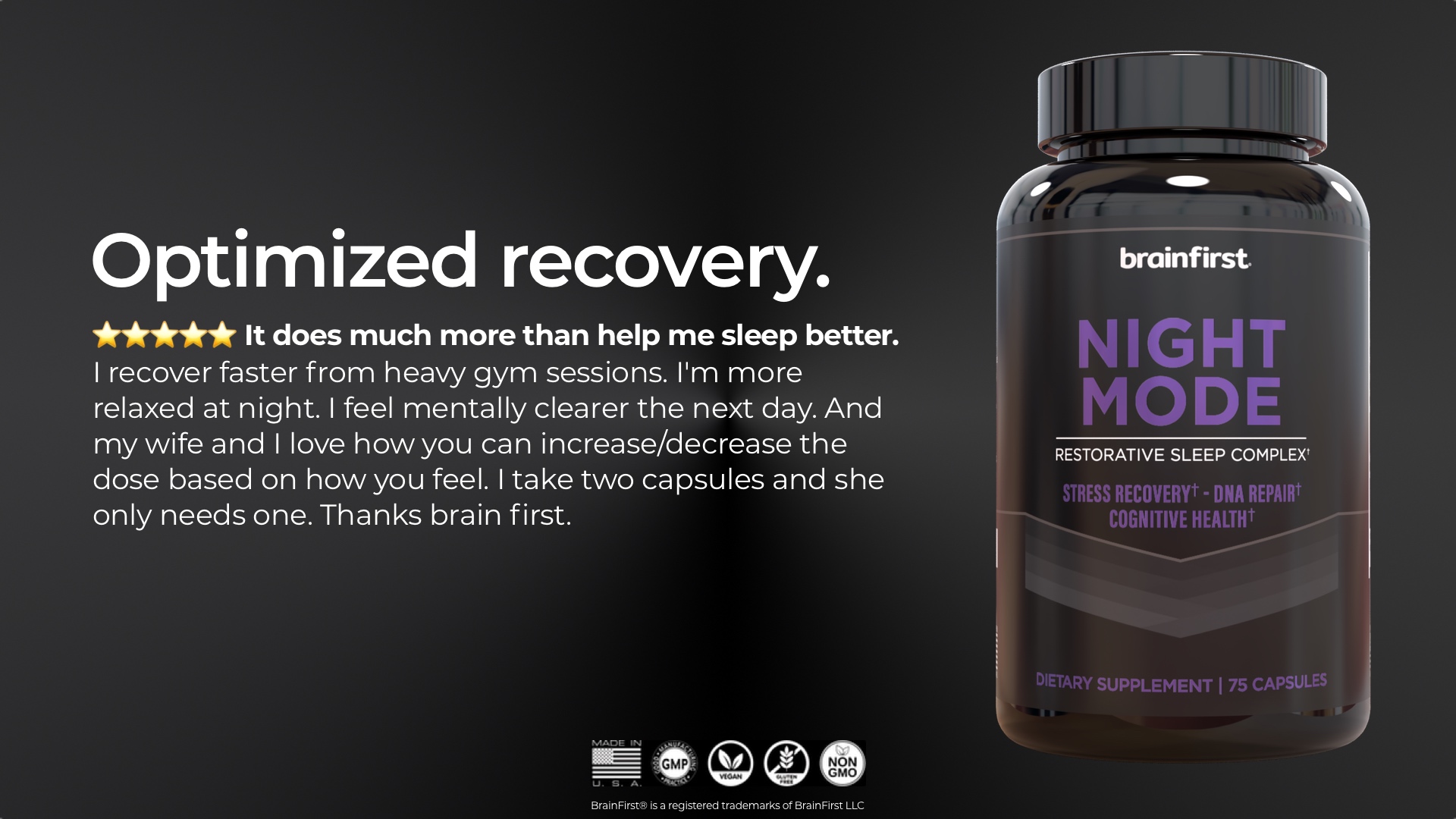Magnolia Bark (Magnolia officinalis)

![]()
Magnolia bark is a traditional Chinese medicine remedy that has been used for centuries to alleviate a variety of health concerns. Magnolia bark is derived from the bark of the Magnolia tree, and it is known for its potential to promote relaxation and improve sleep quality.
Health Benefits
Anti-anxiety effects
Magnolia bark extract has been shown to have anxiolytic effects in both animal and human studies. A randomized, placebo-controlled study by Woelk et al. (2010) found that a magnolia bark extract significantly reduced anxiety symptoms in individuals with generalized anxiety disorder.
Antioxidant effects
Magnolia bark extract contains compounds that have antioxidant properties. A study by Liu et al. (2019) found that magnolol and honokiol, two major compounds in magnolia bark, had potent antioxidant effects in vitro.
Sleep Benefits
Improved sleep quality
Magnolia bark extract has been shown to improve sleep quality in human studies. A randomized, placebo-controlled study by Shen et al. (2018) found that a magnolia bark extract significantly improved sleep quality in individuals with insomnia.
Reduced sleep latency
Magnolia bark extract has also been shown to reduce the amount of time it takes to fall asleep. A study by Zhang et al. (2020) found that a magnolia bark extract significantly reduced sleep latency in individuals with primary insomnia.
Relaxation Benefits
Muscle relaxation
Magnolia bark extract has been shown to promote muscle relaxation. A study by Xu et al. (2017) found that a magnolia bark extract significantly reduced muscle tension in individuals with chronic muscle pain.
Relaxation effects
Magnolia bark extract has also been shown to have general relaxation effects. A randomized, placebo-controlled study by Chang et al. (2011) found that a magnolia bark extract significantly improved self-reported feelings of relaxation and reduced self-reported stress levels in healthy adults.






